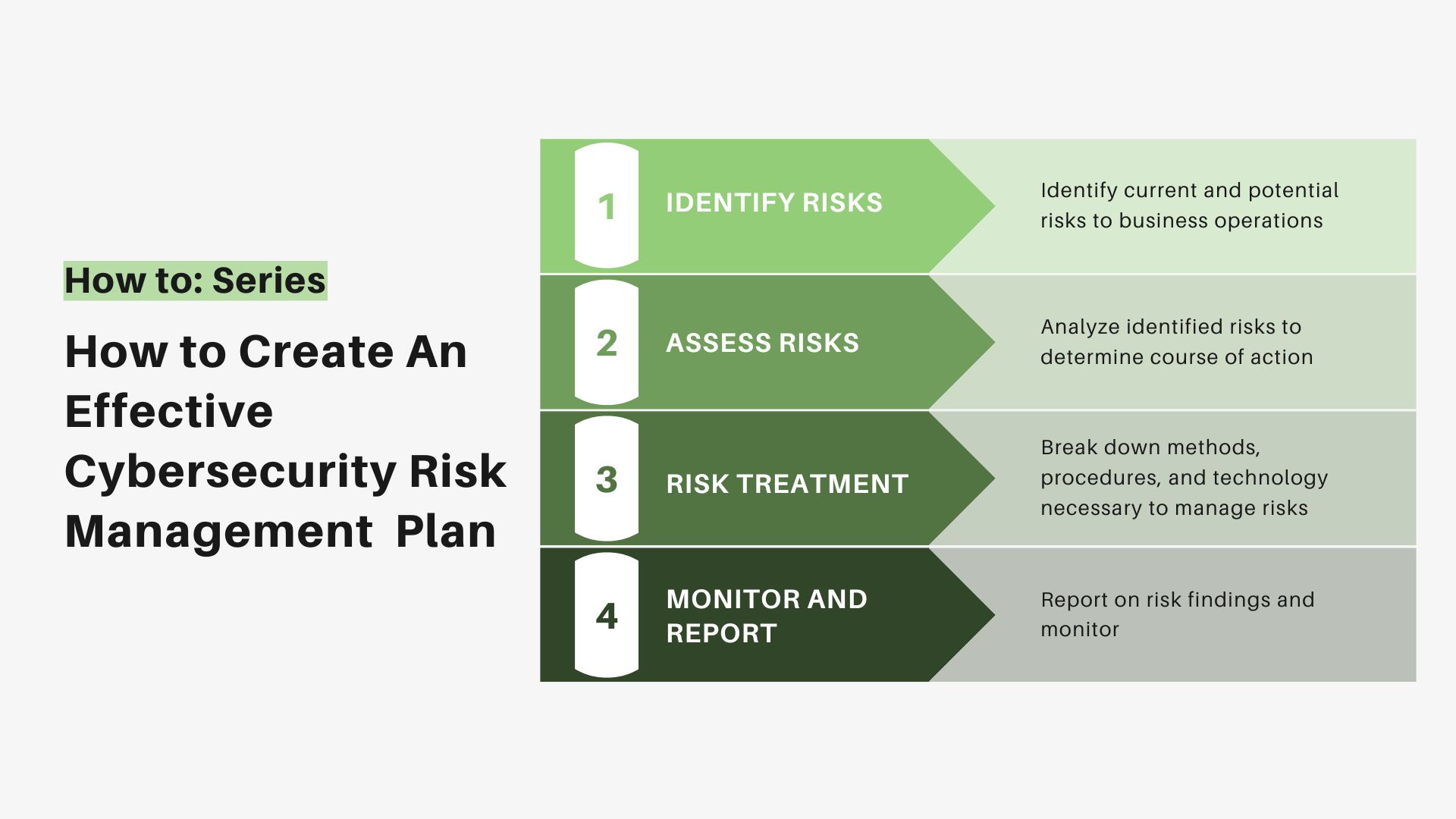
Understanding Cyber Risk for Tech Firms
Tech firms operate in a digital landscape where data is currency, and connectivity is ubiquitous. While this presents numerous opportunities for growth and expansion, it also exposes these firms to a myriad of cyber risks. These risks include data breaches, ransomware attacks, intellectual property theft, system outages, and regulatory non-compliance, among others.
The consequences of cyber incidents for tech firms can be severe, ranging from financial losses and reputational damage to legal liabilities and operational disruptions. Moreover, the interconnected nature of the tech industry means that an attack on one company can have cascading effects, impacting suppliers, partners, and even entire ecosystems.
Given the evolving nature of cyber threats and the potential magnitude of their impact, traditional risk management approaches may not suffice for tech firms. While implementing robust cybersecurity measures is essential, they alone cannot guarantee protection against all cyber risks. This is where cyber insurance plays a critical role.
The Role of Cyber Insurance
Cyber insurance, also known as cyber liability insurance or cyber risk insurance, is designed to help organizations mitigate the financial fallout of cyber incidents. These policies typically cover a range of expenses associated with cyber events, including:
- Data Breach Response Costs: This includes expenses related to investigating the breach, notifying affected parties, providing credit monitoring services, and legal fees.
- Business Interruption Losses: Compensation for income lost due to network downtime or system disruptions caused by a cyber incident.
- Cyber Extortion Payments: Coverage for ransom payments in the event of a ransomware attack, as well as expenses incurred in negotiating with cybercriminals.
- Third-Party Liability: Protection against lawsuits and legal claims filed by third parties affected by a cyber incident, such as customers or business partners.
- Regulatory Fines and Penalties: Reimbursement for fines and penalties imposed by regulatory bodies for non-compliance with data protection laws.
For tech firms, cyber insurance goes beyond financial protection; it is a strategic risk management tool that can help safeguard their operations, reputation, and long-term viability. By transferring some of the cyber risks to insurance providers, tech companies can enhance their resilience and focus on innovation without being unduly burdened by the fear of cyber threats.
Key Considerations for Tech Firms
When selecting cyber insurance plans, tech firms should consider several key factors to ensure adequate coverage and protection:
- Policy Coverage Limits: Assess the scope of coverage provided by the policy, including coverage limits for various types of losses. Ensure that the limits align with the potential financial exposure of your firm in the event of a cyber incident.
- Exclusions and Limitations: Carefully review the policy exclusions and limitations to understand what is not covered. Common exclusions may include acts of war, intentional misconduct, and pre-existing vulnerabilities.
- Policy Endorsements and Add-Ons: Explore additional endorsements or add-on coverages that can be tailored to address the specific needs and risks of your tech firm. This may include coverage for social engineering fraud, cyber terrorism, or reputational harm.
- Claims Process and Support: Evaluate the insurer’s claims handling process and the level of support provided during a cyber incident. Look for insurers with a track record of responsiveness, expertise in cyber claims management, and access to cybersecurity professionals and legal counsel.
- Risk Assessment and Prevention Services: Some insurers offer proactive risk assessment services and cybersecurity resources to help policyholders identify vulnerabilities, implement best practices, and mitigate potential risks. Consider insurers that provide value-added services beyond financial indemnification.
- Cost and Affordability: Compare premium rates from multiple insurers and assess the cost-benefit ratio of different policy options. While cost is an important factor, prioritize comprehensive coverage and quality of service over price alone.
Conclusion
In an increasingly digitalized world, cyber risk mitigation is a business imperative for tech firms. Cyber insurance serves as a critical tool in their risk management arsenal, providing financial protection and peace of mind in the face of evolving cyber threats. By investing in comprehensive insurance plans tailored to their unique needs, tech firms can enhance their resilience, protect their assets, and continue driving innovation with confidence in the face of cyber adversity.
 Accident Lawyers Offshore Accident Lawyers – Offshore Injuries & Jones Act Lawyer
Accident Lawyers Offshore Accident Lawyers – Offshore Injuries & Jones Act Lawyer



